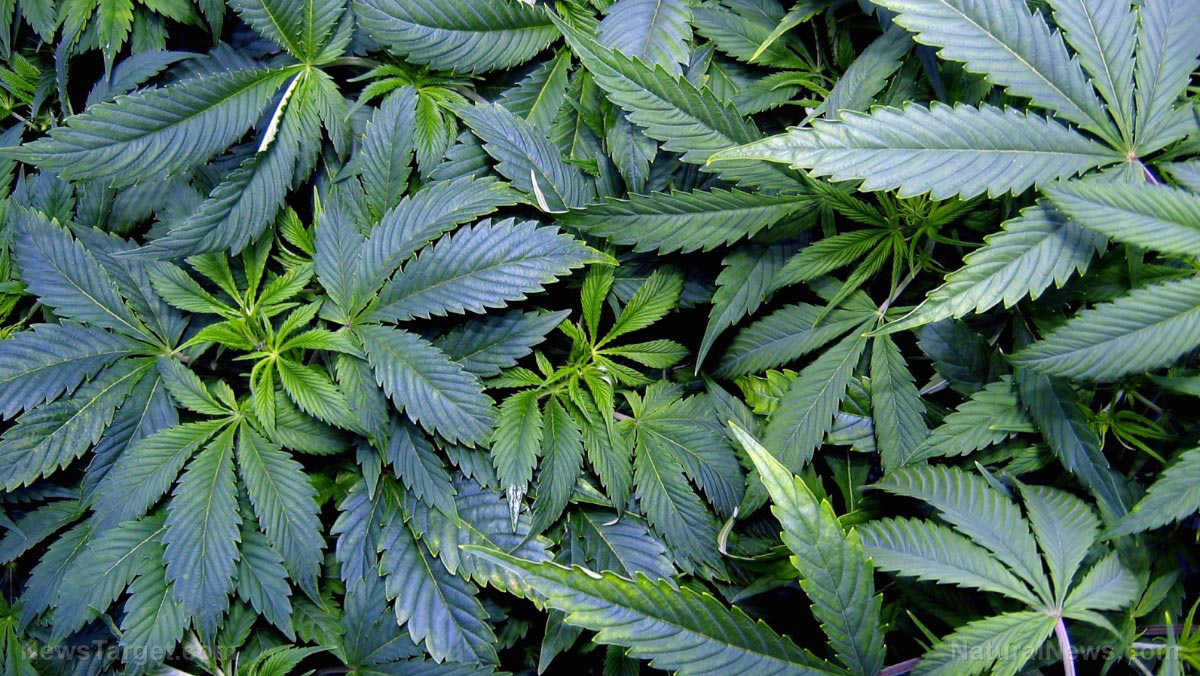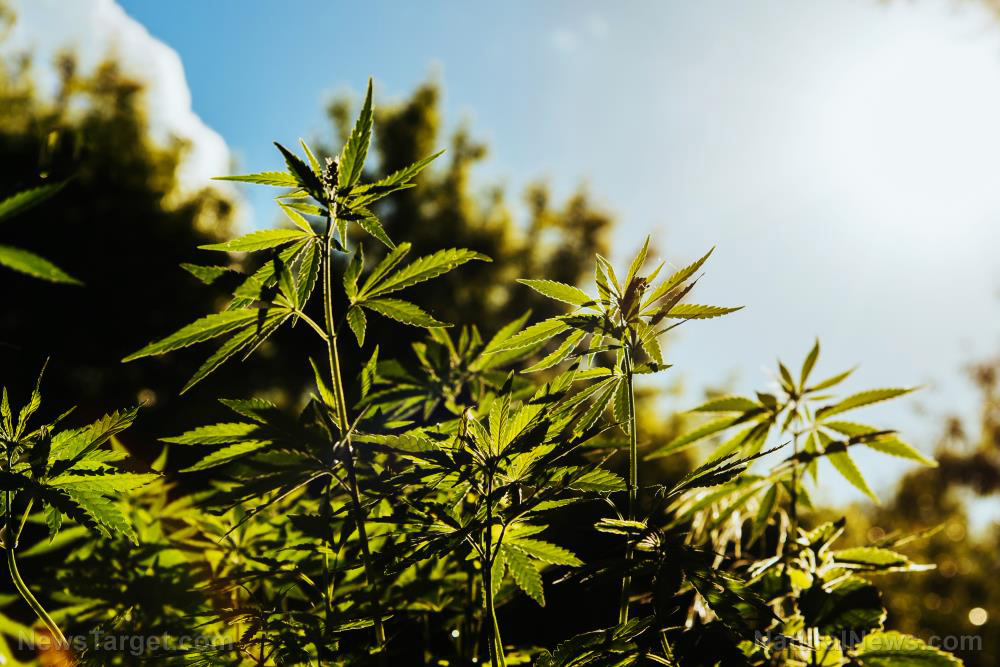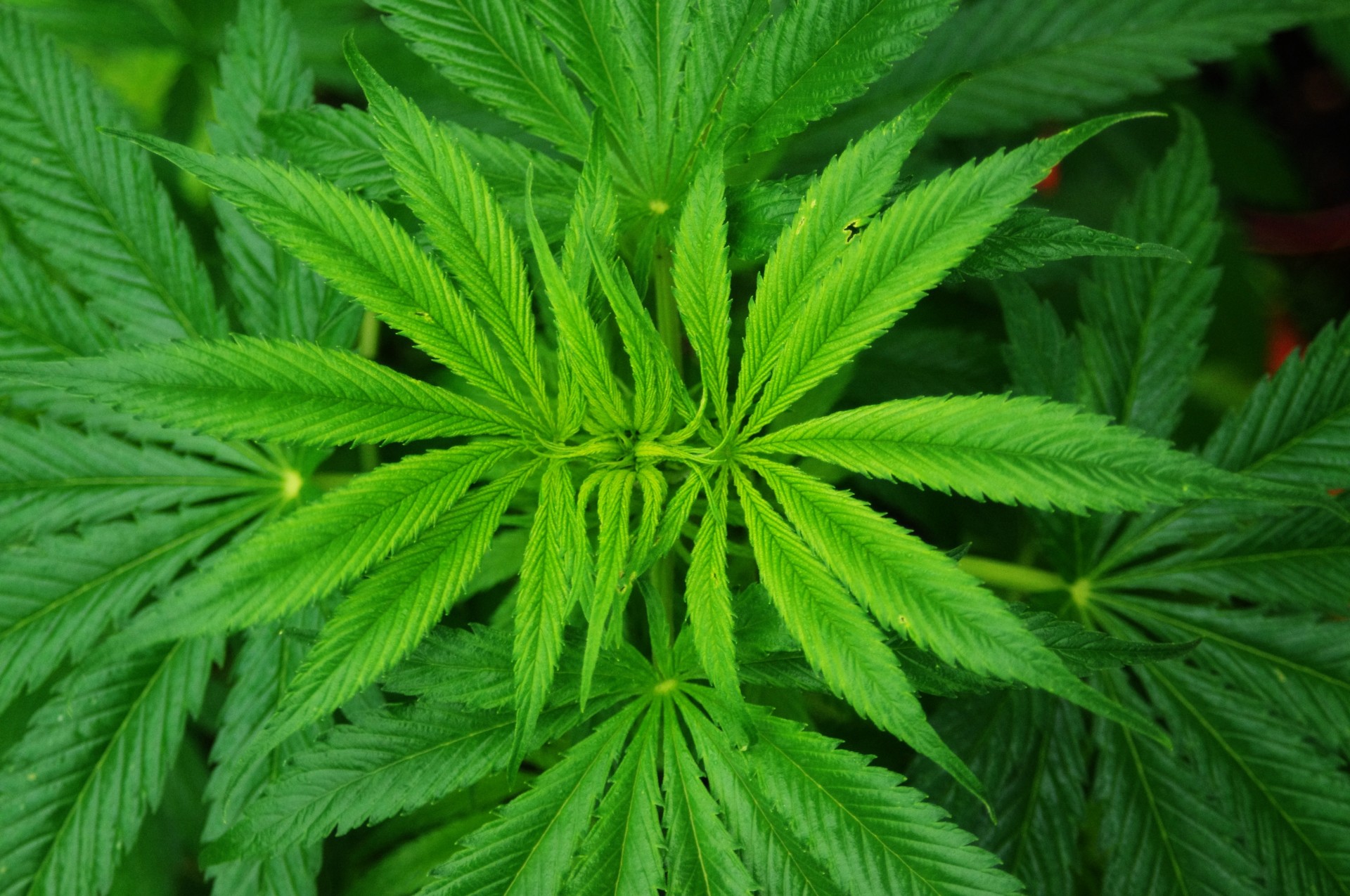
Healthy users of medical and recreational marijuana will be relieved to hear about the results of a massive study published in The American Journal of Medicine. The researchers found no evidence that linked the occasional and light use of the drug to ill effects on kidney function, reported an AlphaGalileo article.
The most widely-used illicit drug in the U.S., marijuana is steadily gaining favor with adult users who are at least 26 years old. The health effects attributed to its acute and chronic use are the subject of fierce debate.
The U.S. Food and Drug Administration (FDA) has not yet officially recognized marijuana as a medicine, but many states permit the use of pot for medicinal and recreational purposes.
Despite its notoriety, the drug's possible effects on the health of the general population have not attracted a great deal of study. Marijuana's potential effects on kidney function, for instance, is all but unknown.
Therefore, a research team from Harvard T.H. Chan School of Public Health (The Chan School) performed a cross-sectional study of close to 14,000 adults in the U.S. Their findings determined that past or ongoing use of marijuana cannot be linked to kidney function.
Marijuana use shown to have no connection to kidney problems
The Chan School study comprised nearly 14,000 healthy adults who joined the National Health and Nutrition Examination Survey from 2007 to 2014. The members of the nationally representative sample all lived in the U.S. with ages ranging from 18 to 59 years.
In addition, a mobile examination center collected blood samples from participants. Researchers analyzed serum creatinine levels in those samples to determine the participants' level of kidney function.
According to the study, close to 5,500 participants admitted to using marijuana at least once in the past, although not within 30 days of the experiment. More than 2,000 users said they smoked pot at least once within the last 30 days.
Analysis of blood samples did not uncover any evidence that current or past use of marijuana led to impaired kidney function. Neither did the researchers determine any significant correlation between a participant's history of smoking pot and the likelihood of chronic kidney disease.
Furthermore, they did not find any connection between the history of marijuana use and the development of microalbuminuria. A moderate increase in the amount of albumin in the urine due to a leak in the kidney, microalbuminuria is considered a symptom of kidney disease.
"Our research provides some reassuring evidence suggesting that there is no determinable effect of infrequent, relatively light use of marijuana on kidney function among healthy adults under age 60," commented lead researcher Dr. Murray A. Mittleman of the Harvard T.H. Chan School of Public Health.
He also addressed a limitation of the study, which restricted participation to healthy adults.
"However, our research does not address heavy users, the elderly, or those with preexisting chronic kidney disease. Research is needed to evaluate the impact of marijuana use in adults 60 and over, and among those with existing or at risk of developing kidney disease," Dr. Mittleman urged.
Federally banned but permitted by many states
The possession, use, purchase, trade, and cultivation of marijuana (which is derived from cannabis plants) are banned by U.S. Federal law. At the same time, a number of U.S. states have chosen to legalize the drug. (Related: Marijuana farmers are destroying natural ecosystems as quest for profits outweighs “green” agricultural practices.)
As of the time of this writing, 30 states and the District of Columbia (DC) have legalized medical marijuana. In addition, eight states plus DC have legalized recreational use of pot, while others are slowly decriminalizing the cannabis-derived product.
Stay on top of marijuana-related developments at MedicalMarijuanaUpdate.com.
Sources include:
Please contact us for more information.





















